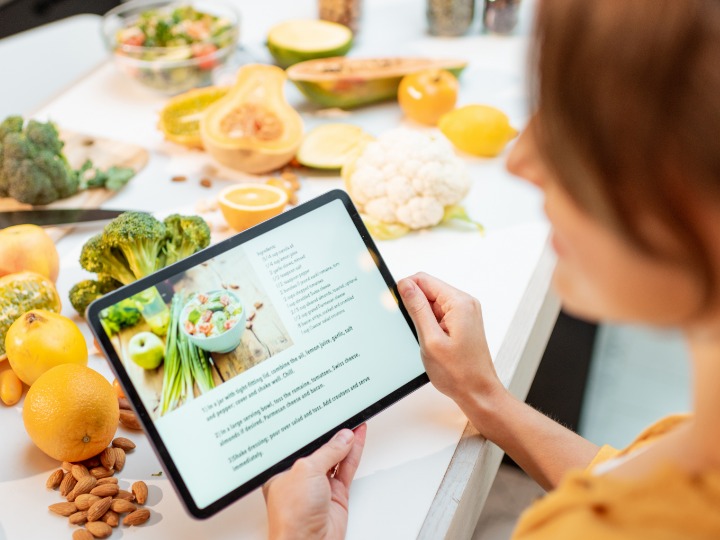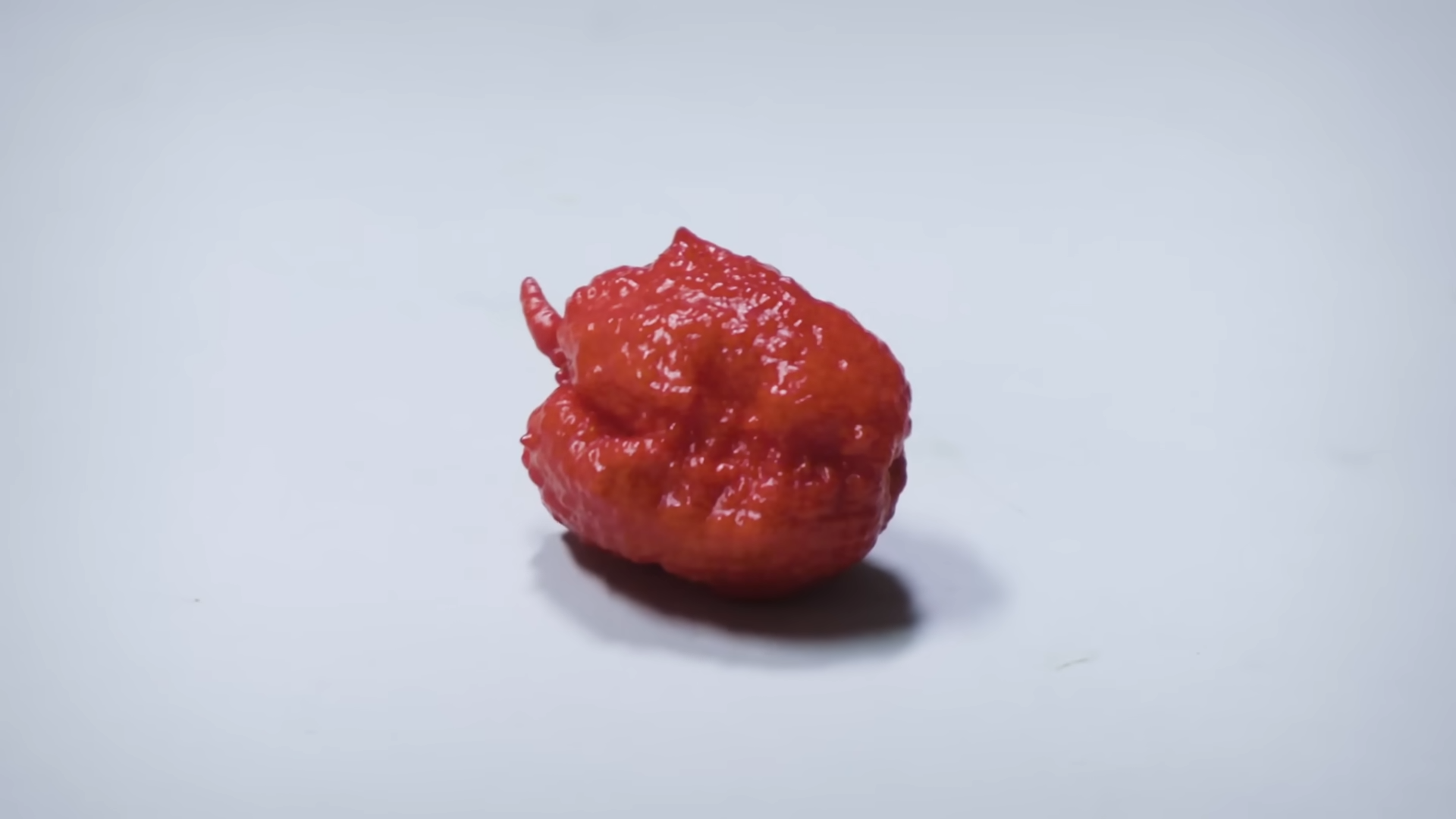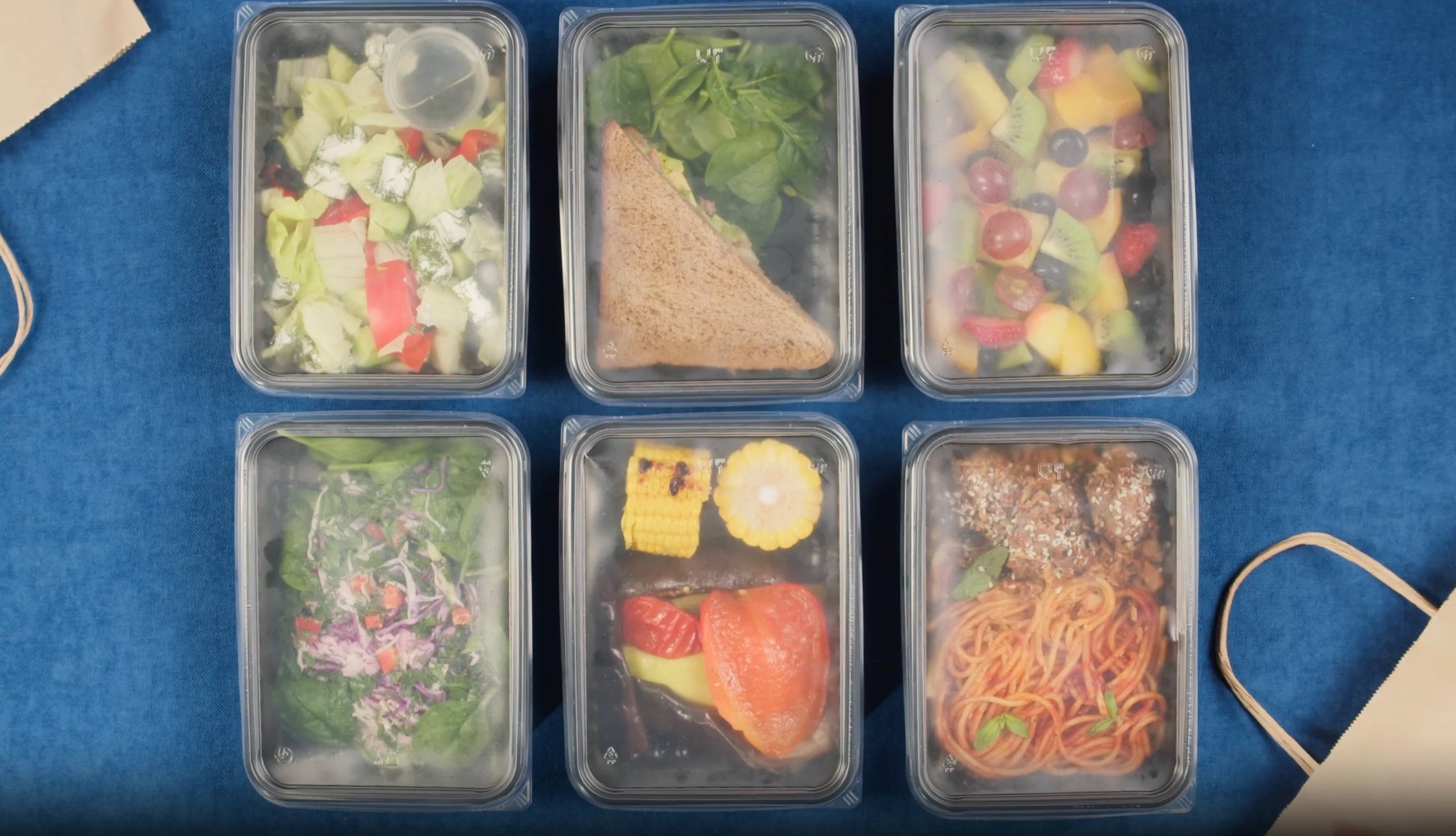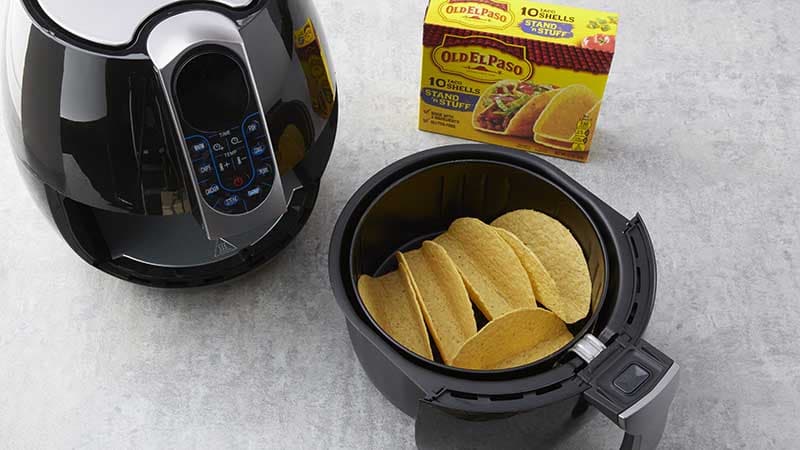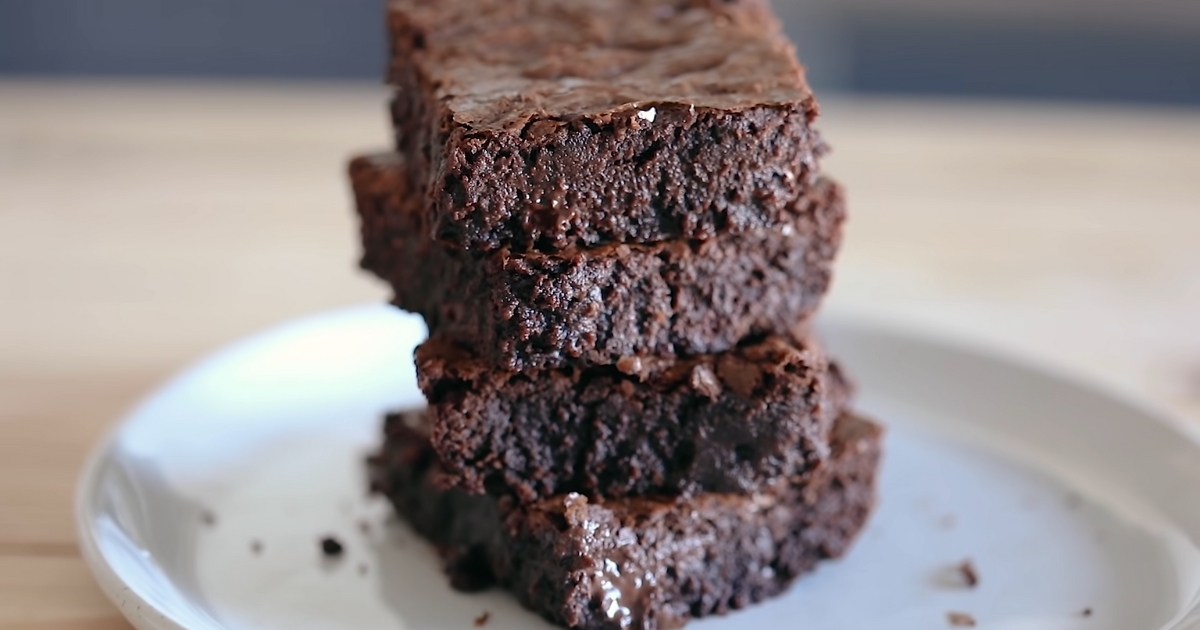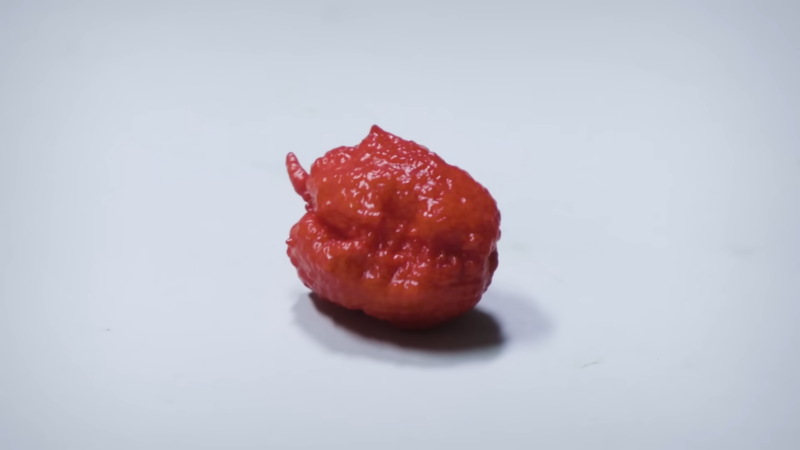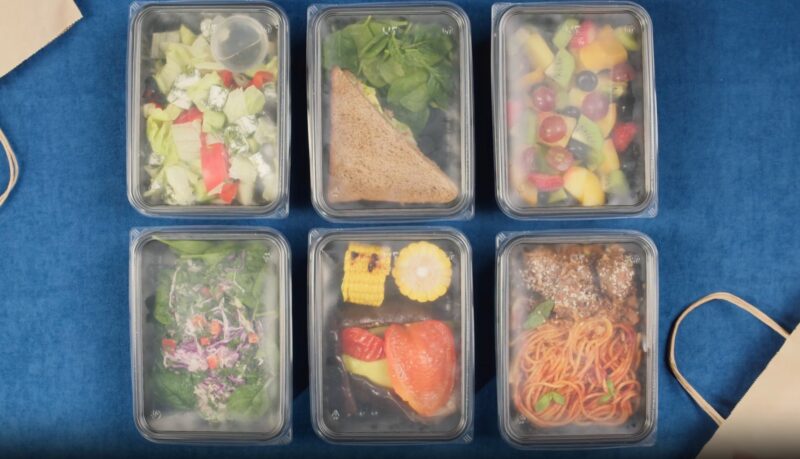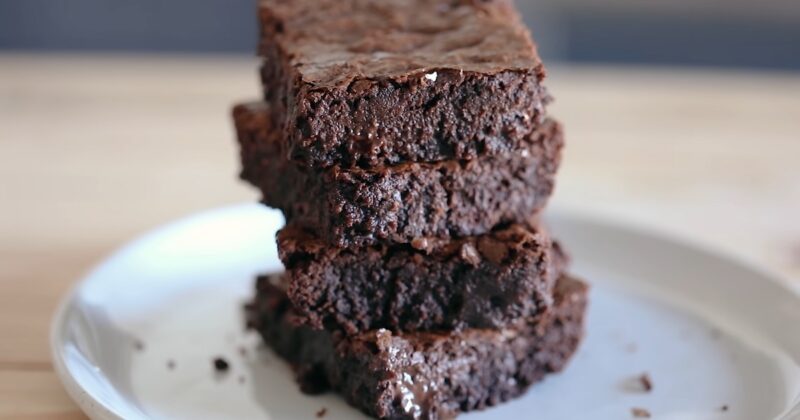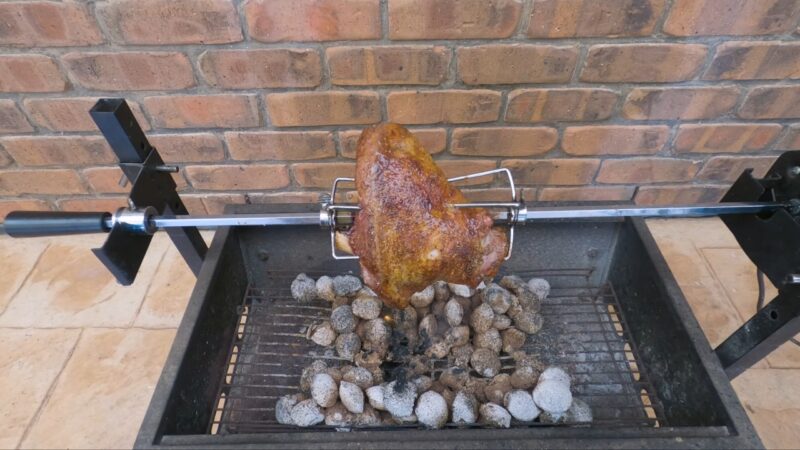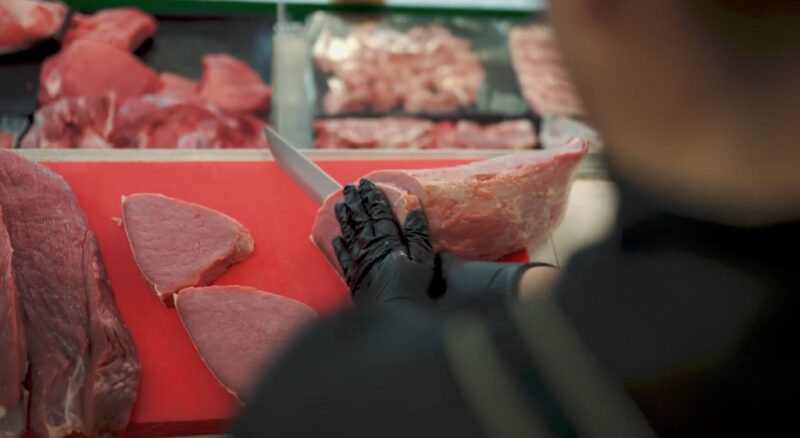
Freezing vegetables is a fantastic way to preserve their freshness, nutritional value, and flavor. Traditionally, many vegetables are blanched before freezing. Blanching involves briefly boiling vegetables and then immediately cooling them in ice water. This process helps to preserve the color, texture, and nutritional value of the vegetable. However, there are several vegetables that you can freeze without going through the blanching process. In this article, we’ll delve into the world of these easy-to-freeze veggies and the benefits of skipping the blanching step.
The art of freezing is more than just a modern convenience; it’s a science that has revolutionized the way we store and consume food. To truly appreciate the list of vegetables that can be frozen without blanching, we must first delve deeper into the fundamental principles of freezing.
Table of Contents
ToggleThe Science

At its core, freezing is about transforming the water content in food into ice. When water turns into ice, it expands and forms crystals. These ice crystals immobilize the microorganisms and enzymes present in food, which are primarily responsible for food spoilage and degradation.
- Enzymatic Activity: Enzymes are proteins that facilitate chemical reactions in all living organisms, including fruits and vegetables. Even after harvesting, these enzymes continue to function, leading to ripening and eventually rotting. Freezing slows down these enzymes, halting their activity and preserving the food’s original quality.
- Microbial Growth: Apart from enzymes, microorganisms like bacteria, yeasts, and molds are the usual culprits behind food spoilage. Cold temperatures make it inhospitable for these microorganisms to multiply, ensuring the food remains safe for consumption.
Benefits
- Extended Shelf Life: As mentioned, freezing extends the shelf life of food. This not only reduces food waste but also allows for long-term storage of seasonal produce, letting you enjoy them throughout the year.
- Nutrient Retention: Fresh produce starts losing its nutritional value soon after harvesting. Freezing acts as a pause button, locking in the vitamins and minerals present at the time of freezing.
- Economic Savings: With the ability to store food for longer periods, you can buy in bulk or take advantage of seasonal sales, leading to significant savings in the long run.
- Convenience: Having a freezer stocked with a variety of foods means you’re always prepared, whether it’s for daily meals, unexpected guests, or emergency situations.
Factors to Consider

- Freezer Temperature: For optimal preservation, your freezer should maintain a temperature of 0°F (-18°C) or lower. This ensures a rapid freeze, which results in smaller ice crystals and better preservation of the food’s texture.
- Packaging: Proper packaging is crucial to prevent freezer burn, which occurs when the surface of the food dries out. Using airtight containers or vacuum-sealed bags can help in retaining moisture and preserving flavor.
- Freezing Speed: The faster food freezes, the smaller the ice crystals that form. Smaller crystals cause less damage to the cellular structure of the food, preserving its texture and flavor.
Why Skip Blanching?
Blanching is a tried-and-true method, but it’s not always necessary. Here are a few reasons why you might consider skipping it:
- Time-Saving: Blanching, although a quick process, still requires preparation. You need to boil water, prepare an ice bath, and then dry the vegetables. Skipping this step can save you a significant amount of time, especially if you’re processing a large batch.
- Nutrient Preservation: While blanching can help retain the color and texture of vegetables, it can also lead to a slight loss of vitamins and minerals. By freezing without blanching, you might retain more of these essential nutrients.
- Simplicity: For those new to preserving foods, the fewer steps, the better. Freezing without blanching is as simple as it gets.
The List:

- Bell Peppers: These colorful veggies freeze beautifully without blanching. Simply wash, remove the seeds, slice or dice them, and place them in freezer bags. They’re perfect for stir-fries, omelets, and fajitas.
- Onions: Onions can be frozen raw without any loss in texture or flavor. Chop them up, spread them on a baking sheet to freeze individually, and then transfer them to a freezer bag. They’re ready to be used in any dish that requires onions.
- Tomatoes: While the texture of tomatoes can change slightly when frozen, they’re perfect for sauces, soups, and stews. Wash them, remove the core, and freeze whole or chopped.
- Berries: While not a vegetable, it’s worth noting that most berries, like blueberries and raspberries, can be frozen without blanching. Spread them on a baking sheet, freeze until solid, and then transfer to a bag.
- Mushrooms: Clean them with a damp cloth, slice if desired, and freeze. They’re great for pizzas, pasta, and sautés.
- Chilies: Whether you like them hot or mild, chilies can be frozen without blanching. Simply wash, dry, and freeze. Use them in curries, stews, or any dish that needs a kick.
- Herbs: While some herbs can become a bit limp after freezing, their flavor remains intact. Chop them up, place them in ice cube trays with a bit of water or oil, and freeze. Pop out the cubes as needed.
Tips for Successful Freezing
- Use Quality Freezer Bags: Invest in good quality freezer bags or containers. They’ll protect your veggies from freezer burn and help retain their flavor and texture.
- Label Everything: It’s easy to forget what’s in your freezer. Always label your bags or containers with the vegetable’s name and the date of freezing.
- Portion Control: Freeze veggies in portion-sized amounts. This way, you only defrost what you need, reducing waste.
- Keep Your Freezer Organized: An organized freezer ensures that you use your oldest veggies first and reduces the chances of items getting lost in the back.
FAQs

Can I freeze all vegetables without blanching, or are there exceptions?
While several vegetables can be frozen without blanching, there are exceptions. Vegetables with high water content, like zucchini or cucumbers, may become mushy when thawed. It’s always a good idea to research specific vegetables before freezing to ensure the best results.
How long can I store vegetables in the freezer without blanching?
The storage duration varies depending on the vegetable. Generally, most vegetables can last 8-12 months in a well-maintained freezer. However, for optimal flavor and texture, it’s best to consume them within 6 months.
Will the taste of vegetables change if I freeze them without blanching?
The inherent flavor of the vegetable remains largely unchanged. However, some subtle changes in texture might be noticed, especially in vegetables with high water content. Using them in cooked dishes can often mask any minor textural differences.
Can I refreeze vegetables once they’ve been thawed?

It’s generally not recommended to refreeze thawed vegetables due to potential loss of quality and increased risk of bacterial growth. If you must refreeze, ensure the vegetables are cooked thoroughly before doing so.
How should I thaw frozen vegetables that haven’t been blanched?
The best method is to thaw them in the refrigerator. For quicker results, you can also use them directly in cooked dishes like soups, stews, or stir-fries without thawing.
Are there any health concerns associated with freezing vegetables without blanching?
Freezing without blanching is safe. However, blanching can help in reducing bacteria and other microorganisms on the surface of vegetables. If you’re concerned, ensure you wash your vegetables thoroughly before freezing and cook them properly before consumption.
Conclusion
Freezing vegetables without blanching is a straightforward and efficient way to preserve the bounty of your garden or a sale at the local grocery store. While not all vegetables are suitable for this method, the ones listed above have been tried and tested.
By following the tips and understanding the basics, you can enjoy the fresh taste of your favorite veggies all year round. So the next time you find yourself with an abundance of bell peppers or onions, remember that there’s no need to blanch. Simply prepare, pack, and freeze!
Related Posts:
- Can You Make Meatloaf Without Eggs? - Yes, you can!
- Beats and Blenders: A Delicious Guide to Juicing Vegetables
- Can You Freeze Mozzarella Cheese? Saving Your Cheese…
- Can You Freeze Chicken Salad? - Preserving Freshness
- Can You Freeze Scrambled Eggs? Discover How to Do It
- How Long Can You Keep Snap Kitchen Meals in the Fridge?
